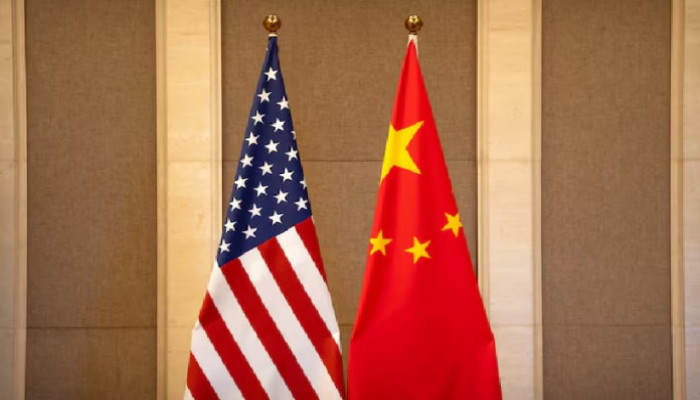Georgia Tech ends research partnerships in China following U.S. scrutiny over military links
- In Reports
- 07:11 PM, Sep 07, 2024
- Myind Staff
Georgia Tech announced on Friday that it is ending its research and educational partnerships in Tianjin and Shenzhen, China, following increased scrutiny from Congress. This decision comes after the U.S. House of Representatives’ Select Committee on China raised concerns in May about the university’s collaboration with entities potentially linked to China’s military. The committee specifically sought information regarding Georgia Tech’s joint research with Tianjin University, particularly on advanced semiconductor technologies.
In 2020, Tianjin University and its affiliates were placed on the U.S. Commerce Department’s export restrictions list due to activities deemed contrary to U.S. national security. These actions included allegations of trade secret theft and research collaborations aimed at advancing China’s military capabilities. Georgia Tech spokesperson Abbigail Tumpey informed Reuters via email that the university has been reassessing its partnerships in China since Tianjin University was added to the entity list.
“Tianjin University has had ample time to correct the situation. To date, Tianjin University remains on the Entity List, making Georgia Tech’s participation with Tianjin University, and subsequently Georgia Tech Shenzhen Institute (GTSI), no longer tenable,” Tumpey said.
Georgia Tech, a leading U.S. engineering institution and a significant recipient of Defense Department funding, announced in a statement that it will cease its involvement with the Shenzhen Institute. However, the university clarified that the approximately 300 students currently enrolled in programs there will still be able to complete their degree requirements.
In January, Georgia Tech highlighted a significant breakthrough by its researchers based in Atlanta and the Tianjin International Centre for Nanoparticles and Nanosystems, who developed the world’s first functional semiconductor using nanomaterial graphene. The university noted that this innovation could potentially lead to a “paradigm shift” in electronics and enable faster computing. Both the U.S. and China, as intense geopolitical and scientific competitors, regard semiconductors as a critical strategic industry with applications in both civilian and military sectors, including quantum computing and advanced weapons systems.
In its May letter, the select committee highlighted that the Tianjin research centre is linked to a Chinese company with subsidiaries that supply China’s People’s Liberation Army (PLA). A Georgia Tech scientist who led the Tianjin project defended the research, stating that all results were publicly accessible and that the collaboration had undergone thorough legal reviews. China’s embassy in Washington has not yet responded to requests for comment.
Image source: Reuters







Comments